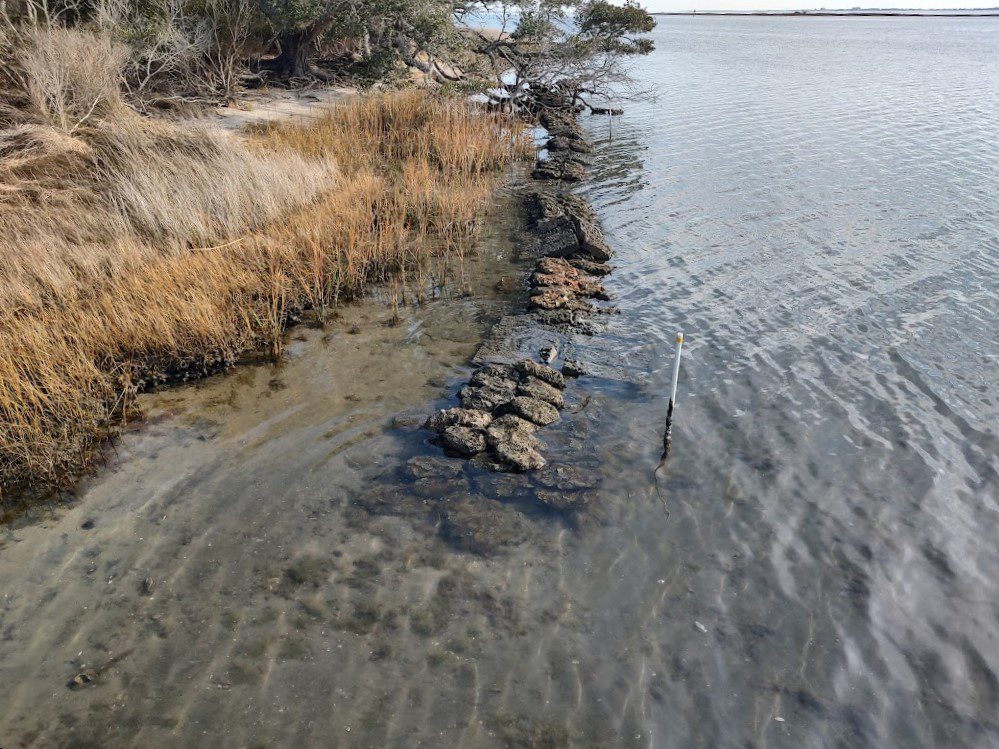
A federal appeals court has ruled that the Environmental Protection Agency overstepped its statutory authority when it ordered a Texas-based company to stop creating long-lasting toxic chemicals while manufacturing plastic containers.
The three judges for the 5th U.S. Circuit Court of Appeals in New Orleans filed their unanimous decision Thursday, vacating the two orders the EPA had issued Dec. 1, 2023.
Supporter Spotlight
The orders under the authority of the Toxic Substances Control Act, Section 5, directed Inhance Technologies LLC in Houston not to create per-and-polyfluoroalkyl substances, or PFAS, as a byproduct during production of fluorinated high-density polyethylene, or HDPE, plastic containers. The containers are used to store products such as pesticides, fuel and automotive liquids.
The EPA argued that the PFAS in the plastic containers can seep into the liquid products and lead to potential exposure, like seeping into groundwater or through fish ingestion.
Inhance has been using the same fluorination process since 1983 to create “a barrier that keeps dangerous substances from leaching out of their containers, and keeps outside substances from permeating in,” the ruling states.
The EPA used its authority under Section 5, which allows the agency to determine and regulate new substances, rather than Section 6, which is broader and includes all chemicals but also has more requirements.
“Inhance argues that the EPA exceeded its statutory authority by issuing orders under Section 5 instead of Section 6 because Inhance’s forty-year-old fluorination process is not a ‘significant new use’ under TSCA. We agree,” Circuit Judge Cory Wilson writes in the ruling.
Supporter Spotlight
“I am exceedingly pleased with the ruling and grateful to our customers and employees for their resilience, dedication, and support,” Inhance Technologies President and CEO Andrew Thompson said in a release.
Jeff Landis in the EPA’s media office told Coastal Review Monday that the agency “is reviewing the decision.”
The EPA began looking into Inhance after being notified by an environmental group in September 2020 that PFAS contamination was present in a mosquitocide stored in one of the company’s fluorinated containers, the agency said.
The EPA determined that when Inhance products go through the fluorination process, numerous types of PFAS are manufactured. These chemicals leach into the product.
The agency argued that the “fluorination process was subject to a significant new use rule regarding long-chain perfluoroalkyls (PFAS),” and issued Inhance a notice of violation in March 2022 for failing to notify the agency before it began manufacturing PFAS.
“Inhance had five years from the proposal of EPA’s long-chain PFAS significant new use rule in 2015 to when it was finalized in 2020 to inform EPA that it was manufacturing long-chain PFAS as part of its process,” the EPA said. After the notice, the agency found that Inhance continued to manufacture the regulated PFAS and intended to continue with its fluorination process and the Department of Justice filed suit on behalf of EPA against Inhance in December 2022.
The notice directed Inhance to either change its fluorination process so it no longer manufactured PFAS, or to temporarily halt the fluorination of any products that resulted in the creation of PFAS, the ruling states. Instead, Inhance submitted significant new use notices for the nine PFAS it manufactures to EPA for review on Dec. 30, 2022.
The EPA requires significant new use notices under Section 5. If the EPA finds that there is not enough evidence to determine the effects of the substance or presents an unreasonable risk of injury, then the agency must issue an order prohibiting or limiting the manufacture of the substance.
The EPA announced Dec. 1, 2023, that after reviewing the significant new use notices from Inhance and consistent with the “Framework for Addressing new PFAS and New Uses of PFAS,” the agency had determined that three of the PFAS “are highly toxic and present unreasonable risks that cannot be prevented other than through prohibition of manufacture.”
The agency also determined that the other six of the nine PFAS chemicals manufactured by the company may present an unreasonable risk of injury to health or the environment, and under the Toxic Substances Control Act, “is requiring the company to cease manufacture of these chemicals, and to perform additional testing if it intends to restart production,” the Dec. 1, 2023, press release explains.
“PFAS should not be in the plastic containers people use every day, period,” Office of Chemical Safety and Pollution Prevention Assistant Administrator Michal Freedhoff said in the Dec. 1, 2023, release. “EPA’s action today is one more way we are furthering the Biden-Harris Administration’s Strategic Roadmap to combat PFAS pollution.”
A week later, on Dec. 8, 2023, Inhance announced plans to seek review by the 5th Circuit, “to stop the one-sided orders” issued by the EPA.
“If allowed to take effect, the orders will force Inhance Technologies to shut down its 11 barrier technology facilities across the U.S., disrupting downstream industries and related supply chains that rely on the company’s environmentally critical technology,” the company said.
As a result of the EPA learning about PFAS in mosquitocide through this type of container in September 2020, the agency announced Feb. 15 a new method to serve as an additional tool for its staff and for industries that use HDPE containers to identify PFAS contamination.
Inhance has fluorinated up to 200 million containers annually, “which is more containers than there are households in America. The release of 2.2 Kg (kilograms or 4.85 pounds) of these 9 PFAS could cause significant contamination of drinking water supplies leading to risks of adverse health effects in millions of people,” according to the EPA.
“For example, EPA recently proposed a Maximum Contaminant Level of 4 parts per trillion for PFOA in drinking water. Additionally, EPA has also proposed that there is no level of PFOA in drinking water that is without risk of adverse health effects. If 2.2 Kg of PFOA were released to drinking water sources, it would contaminate more than 145 billion gallons of water to levels that would exceed this proposed enforceable level. This corresponds to almost three years’ worth of water use in the City of New Orleans,” the EPA continued.
Public Employees for Environmental Responsibility, or PEER, and the Center for Environmental Health, or CEH, responded Friday, announcing jointly that the organizations were “deeply disappointed and alarmed” by the 5th Circuit’s “flawed decision.”
The groups said Inhance Technologies’ fluorination process “results in hundreds of millions of plastic containers leaching toxic PFAS chemicals into food, cosmetics, cleaning supplies, fuels, and other household products.” The public health danger must be addressed, they said.
“Significantly, Inhance’s customers are now unquestionably on notice that their products contain several PFAS that EPA has determined are harmful to health. They should consider alternatives to fluorination that are PFAS-free,” PEER said.
The two organizations and the EPA are plaintiffs in a December 2023 suit in the Federal District Court for the Eastern District of Pennsylvania to enforce Toxic Substances Control Act requirements against Inhance.
“PEER and CEH will now pursue that case in addition to any other remedies that are available to abate this significant and unreasonable danger to public health, and will urge the government to do so as well,” they said.







